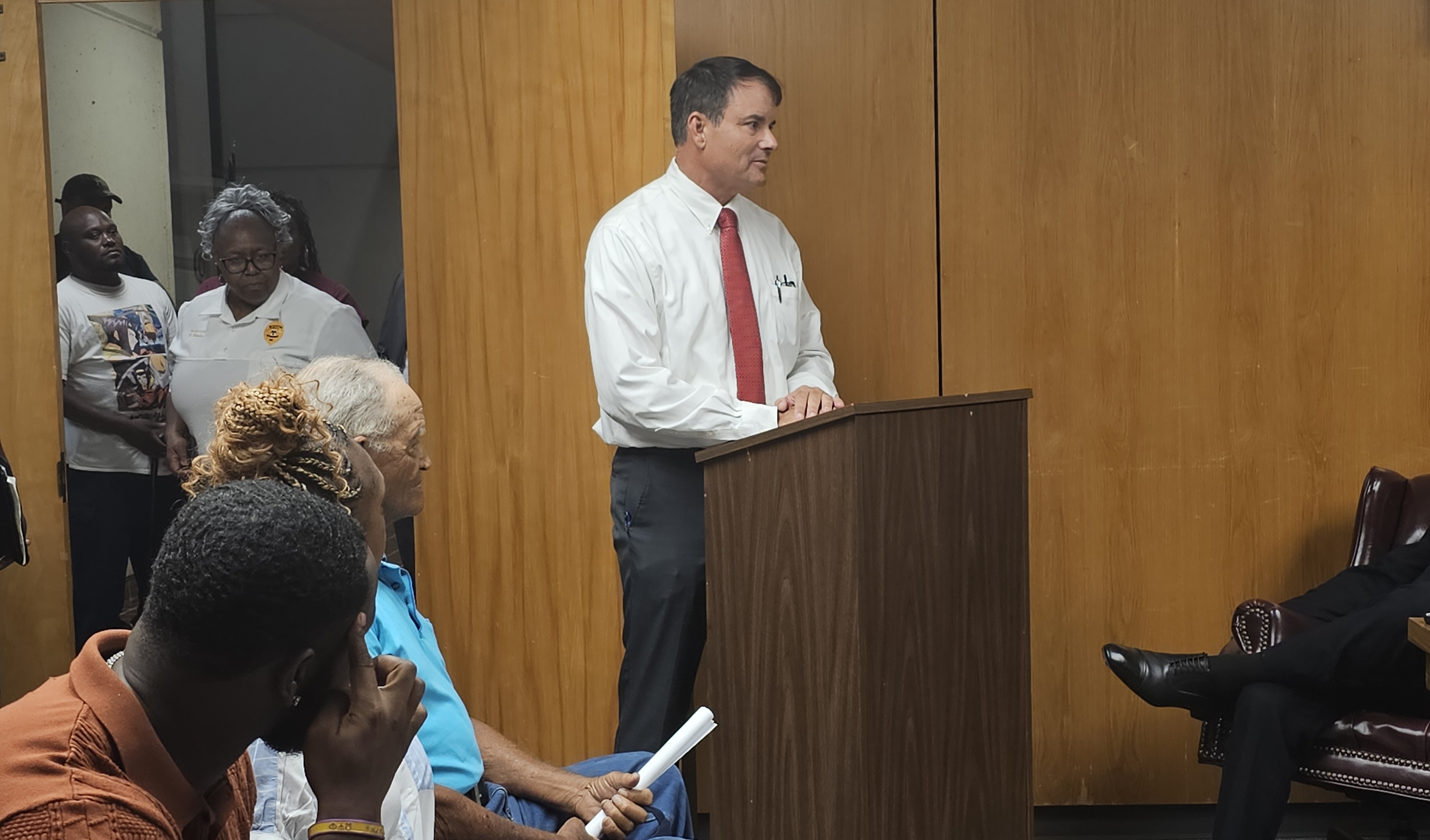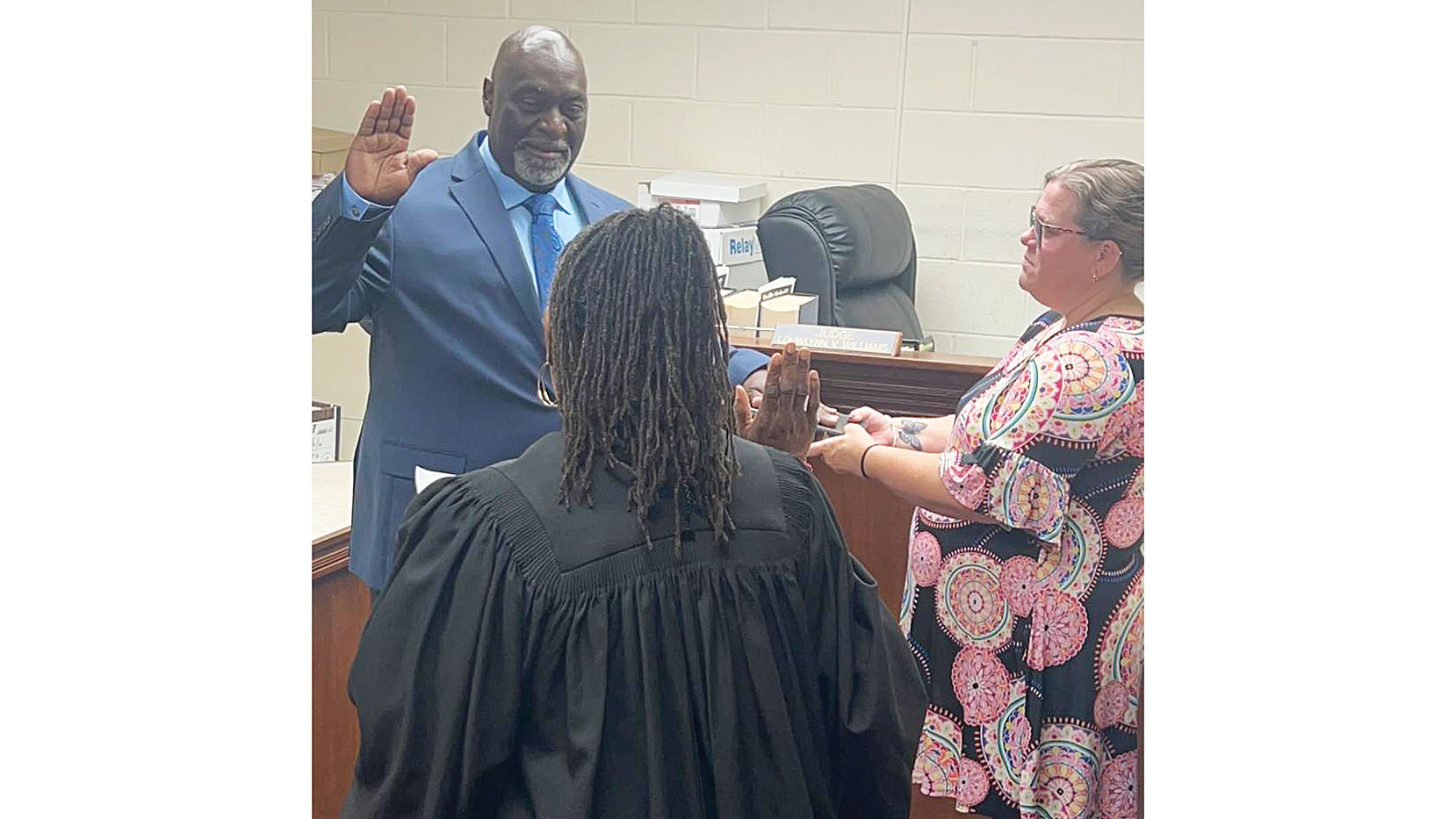Co-Lin announces first graduates from the Fiber Splicing Technician Program
Published 2:06 pm Friday, July 14, 2023

- Co-Lin Workforce Education fiber splicing technician completers include James Case of Wesson; Dalton Benton of Magee; Austin Reynolds of Silver Creek; Haddon Smith of Brookhaven, Maddox Smith of Pelahatchie; and Andrew Edwards of Laurel. (Submitted Photo)
WESSON – In 2021 Copiah-Lincoln Community College (Co-Lin) identified fiber splicer training as the leading industry gap for the region. Soon afterward, Co-Lin Workforce Education had the opportunity to apply for funding that would allow the college to establish a fiber splicing program, the first of its kind at the time.
With the sudden onset of the COVID-19 pandemic, work-from-home, and school-from-home sharply increased, making residential internet and wi-fi technology broadband a new requirement, not just an added benefit to the home. While many have returned to the workplace and classroom, the demand for connectivity continues to increase.
Access to broadband enables people more affordable and efficient access to basic services such as health care, education, and government services. With the recent establishment of the Broadband Expansion and Accessibility of Mississippi (BEAM) office, statewide emphasis on broadband infrastructure and increasing accessibility has been given top priority. With the broadband expansion initiatives being introduced, fiber splicing techs are in high demand as they play a crucial part in the installation and maintenance of internet infrastructure.
Workforce Center Director and Fiber Splicing Instructor Luke Laird assumed responsibility for the implementation of this program midway through the process as he took leadership within the workforce department. The process involved overcoming several challenges such as supply chain shortages, curriculum selection, and curriculum training for certified instructor status.
After researching industry recognized programs, CORNING Fiber Broadband Technician (CFBT) See the Light® curriculum was selected as it is recognized by industry training certification organizations such as BICSI, Electronics Technicians Association (ETA International), Fiber Optic Association (FOA), and the Society of Cable Telecommunications Engineers/ international Society of Broadband Experts.
The Co-Lin fiber splicing technician program consists of 144 hours of training, in which students first received comprehensive fiber optic theory and hands-on training designed for those with no industry experience. This program is an expansion of the CORNING Fiber Broadband Technician Course.
First, a foundation of fiber optic basics is established consisting of but not limited to infrastructure, cable types, hardware and closures, placement, fiber optic fusion splicing, testing, and troubleshooting. Then the Co-Lin program incorporates course work for the CFBT certification, OSHA-10 safety, forklift operator’s card, and CPR/First Aid certification.
“The students from our program are uniquely positioned to lead the way for trained and certified fiber splicing employees. The state is waiting for a funding rollout that would allow for contractors to begin the broadband network buildout,” said Laird. “At that time, employers will be looking for certified techs and these students are ready to lead the charge.”
The next session has been scheduled to being September 11 on the Wesson Campus with a registration deadline of September 1. Additional information is available on the website www.colin.edu/fibersplicing or by calling 601.643.8707. Enrollment requirements include scoring a 16 or higher on the ACT or a silver level or greater on the National Career Readiness Certificate.





